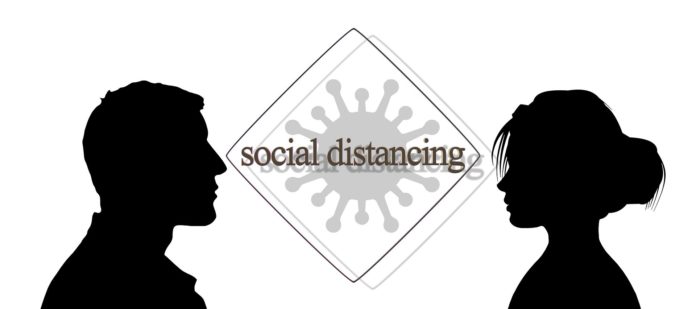While the second wave is showing signs of slowing down, the health system is still under strain. The hospitals are full and it is better to take care of patients at home as long as they can manage it. We have put together a guide to care for your friends and family at home.
Social distancing even in the house
People are most infectious from the first day of developing symptoms through to day five. Although you can be infected even after those days. During those initial days, try to social distance from the infected person. If you have to provide them with food or medicine, make sure to wear a mask whenever you are in contact with them. Try and sanitise surfaces which the infected person came into contact with whether it’s the bathroom or any other rooms in the house. Both the infected person and the carer should wear masks whenever they are close to each other. Those masks should be washed regularly.
Cleaning the house
It’s important to ensure the virus doesn’t spread around the house and stay on different surfaces. Try to minimise contact with the infected person. Make sure the person stays in one section or corner of the house. After the infected person uses the bathroom, make sure to sanitise all surfaces. If it’s possible, allow the infected person to use a separate bathroom and stay in a room which isn’t being used by anyone else. If that’s not possible, then carers should sanitise all the surfaces after being used by the infected person and wash hands regularly. Keeping the windows and doors open will also help with creating airflow and ventilation.
Get tested
If anyone else in the household displays any of the Covid-19 symptoms, they should get tested immediately and start their process of self-isolation. This is even while they are waiting for their results. Any infected members of the household should isolate themselves for at least ten days or 14 days just to be safe.
Recovery process
Each person experiences different symptoms when infected with the virus – whether it’s the loss of smell and taste, fever, headaches, fatigue, shortness of breath or nausea. Those symptoms can worsen or decrease as the days go by. While those symptoms can be managed at home, if they worsen, it’s best to consult a GP or the local hospital.
Community help
It’s important to get assistance from the local community. Many communities around the country have set up networks to assist those who are infected. These help with assistance in terms of food delivery, mental health and physical healthcare, oxygen monitors and more. These community networks can help deal with being infected and the type of emotions that accompany it. It’s important to be kind and allow the infected person to express what they are feeling.









